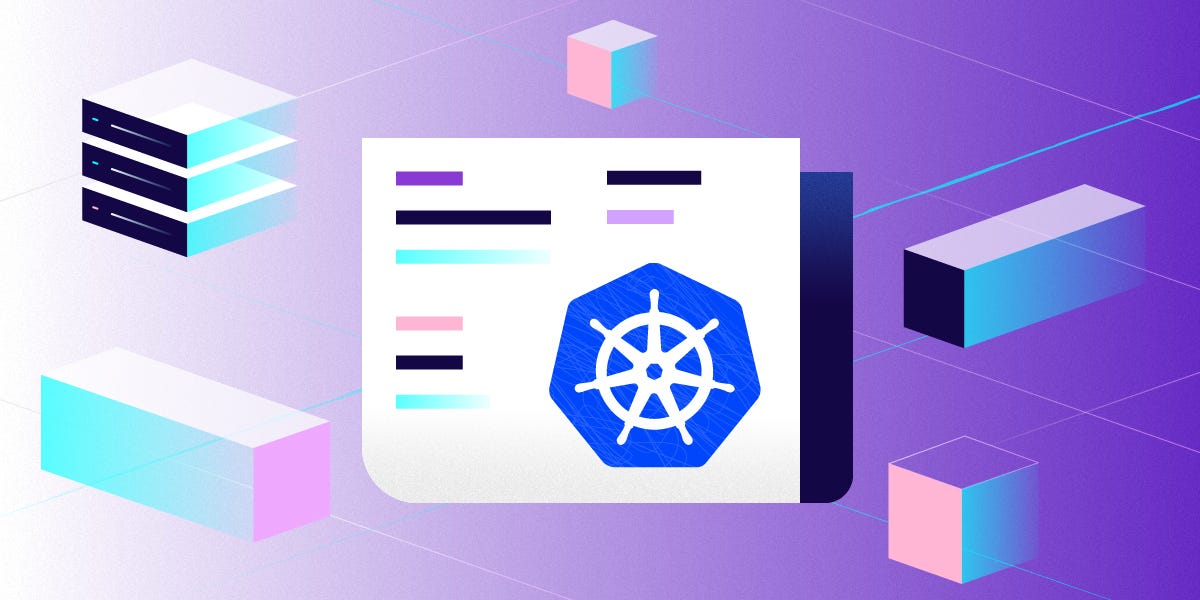Unlocking the Power of Kubernetes: A Comprehensive Guide
In the realm of modern software development and deployment, few technologies have had as profound an impact as Kubernetes. Originally developed by Google and later open-sourced, Kubernetes has revolutionized the way applications are built, deployed, and managed in today’s cloud-native landscape. In this comprehensive guide, we’ll delve into what Kubernetes is, why it’s important, and how you can harness its power to streamline your development workflows and scale your applications with ease.
What is Kubernetes?
At its core, Kubernetes is an open-source container orchestration platform. But what exactly does that mean? In simple terms, Kubernetes provides a framework for automating the deployment, scaling, and management of containerized applications. Containers, which encapsulate an application and its dependencies, have become increasingly popular due to their portability and consistency across different environments. Kubernetes takes containerization to the next level by allowing you to deploy and manage containers at scale, across a cluster of machines, with minimal manual intervention.
Key Concepts
To understand Kubernetes, it’s essential to grasp some of its key concepts:
- Pods: The basic building block of Kubernetes is the pod, which encapsulates one or more containers that share resources and networking.
- Deployments: Deployments provide a declarative way to manage replica sets of pods, ensuring that a specified number of instances are running at all times.
- Services: Services define a logical set of pods and a policy by which to access them, enabling load balancing and service discovery within the cluster.
- Persistent Volumes: Persistent volumes provide a way to abstract underlying storage infrastructure and enable stateful applications to store data across container restarts.
- Namespaces: Namespaces provide a way to logically partition a Kubernetes cluster, allowing multiple users or teams to share the same cluster without interfering with each other.
Why Kubernetes Matters
The rise of microservices architectures and the adoption of cloud-native technologies have led to increasingly complex application landscapes. Kubernetes addresses many of the challenges associated with managing these distributed systems, including:
- Scalability: Kubernetes makes it easy to scale your applications up or down to meet changing demand, ensuring optimal resource utilization and performance.
- Resilience: Kubernetes provides built-in mechanisms for high availability and fault tolerance, automatically restarting failed containers and distributing traffic across healthy instances.
- Portability: With Kubernetes, you can deploy your applications consistently across different environments, whether on-premises or in the cloud, avoiding vendor lock-in and facilitating hybrid cloud deployments.
- Automation: By codifying your infrastructure and deployment workflows as code, Kubernetes enables automation and reproducibility, reducing the risk of human error and accelerating time to market.
Getting Started with Kubernetes
If you’re new to Kubernetes, getting started can seem daunting. However, there are plenty of resources available to help you on your journey:
- Official Documentation: The Kubernetes documentation is a treasure trove of information, including tutorials, guides, and best practices for getting started with Kubernetes.
- Online Courses: Platforms like Coursera, Udemy, and Pluralsight offer a wide range of courses covering Kubernetes fundamentals and advanced topics.
- Community Forums: Joining the Kubernetes community forums, such as the Kubernetes subreddit or the Kubernetes Slack channel, can connect you with experts and fellow practitioners who can offer advice and support.
- Hands-On Practice: The best way to learn Kubernetes is by doing. Set up a Kubernetes cluster on your local machine using Minikube or dive into a managed Kubernetes service like Google Kubernetes Engine (GKE) or Amazon Elastic Kubernetes Service (EKS).
Conclusion
Kubernetes has emerged as the de facto standard for container orchestration, powering some of the largest and most sophisticated applications in the world. By mastering Kubernetes, you can unlock a world of possibilities for building scalable, resilient, and portable cloud-native applications. Whether you’re a developer, a DevOps engineer, or an IT manager, Kubernetes has something to offer for everyone. So don’t delay—dive into Kubernetes today and take your application deployment workflows to the next level!


